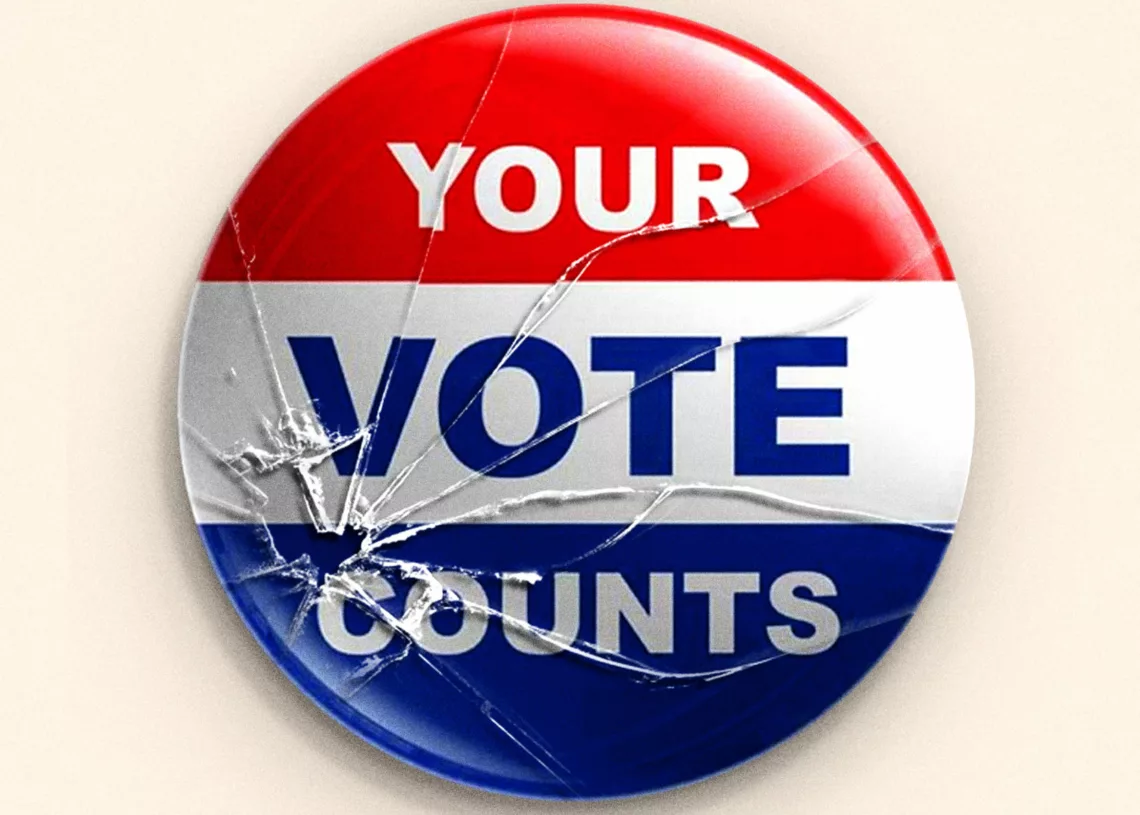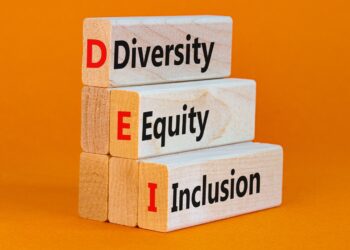In the grand tapestry of American democracy, the Electoral College stands as both a revered institution and a divisive relic of the past. As voices clamor for its abolition, citing democratic principles and fairness, others vehemently defend its role as a safeguard against tyranny of the majority. In this discourse, we delve into the intricacies of the electoral college, exploring its virtues, its vices, and the potential for reform in a system long overdue for evolution.
The Essence of the Electoral College
At the heart of American presidential elections lies the Electoral College, a mechanism enshrined in the United States Constitution. Its purpose? To facilitate the indirect election of the President and Vice President through the votes of electors selected by each state. This method, proponents argue, prevents densely populated urban centers from dominating the electoral landscape, ensuring a voice for smaller, less populous states.
Yet, as the political landscape evolves and demographics shift, questions arise regarding the efficacy and fairness of this system. Should a handful of swing states wield disproportionate influence over the outcome of a national election? Does the Electoral College truly reflect the will of the people, or does it merely perpetuate entrenched power dynamics?
The Call for Abolition: A Democratic Imperative
During the 2019 Democratic Presidential Primary, the chorus for electoral college abolition crescendoed, with prominent candidates such as Bernie Sanders, Pete Buttigieg, and Elizabeth Warren lending their voices to the cause. Their argument? That the Electoral College undermines the principle of one person, one vote, skewing the electoral process and disenfranchising millions of Americans.
“The Electoral College is an antiquated relic that distorts the will of the people and undermines the democratic foundation of our nation.”
— Pete Buttigieg
Advocates for abolition point to instances where the popular vote winner lost the presidency, most notably in the 2000 and 2016 elections. They argue that such outcomes erode faith in the democratic process and breed cynicism among voters, further deepening political divides.
Rethinking the Electoral Landscape: Reforms and Alternatives
While the call for abolition reverberates through the political arena, an alternative perspective emerges—one that seeks not to dismantle the Electoral College entirely, but to reform and revitalize it for the modern age.
A Multi-Party Paradigm: Breaking the Duopoly
Central to this paradigm shift is the recognition of the limitations inherent in a two-party system. In an era marked by polarization and partisanship, the dominance of Republicans and Democrats stifles dissent and narrows the spectrum of political discourse.
“The two-party system constrains the diversity of voices and ideas essential to a thriving democracy. It’s time to embrace a multiparty structure that reflects the rich tapestry of American society.”
— Elizabeth Warren
By embracing a multi-party framework, akin to systems found in European democracies, the United States could foster greater inclusivity and representation. From libertarians to greens, socialists to independents, a diverse array of perspectives would find expression in the political arena, enriching public discourse and challenging entrenched power structures.
Ranked Choice Voting: Empowering the Electorate
In tandem with a multi-party paradigm, advocates propose the adoption of ranked choice voting (RCV) as a means of amplifying voter choice and mitigating the spoiler effect. Under RCV, voters rank candidates in order of preference, ensuring that even in defeat, their voice is heard and their values represented.
“Ranked choice voting empowers voters to vote their conscience without fear of wasting their ballot. It promotes consensus-building and fosters a more nuanced understanding of candidate preferences.”
— Bernie Sanders
By eliminating the need for strategic voting and tactical alliances, RCV encourages candidates to appeal to a broader cross-section of the electorate, rather than catering exclusively to their base. This, proponents argue, cultivates a more inclusive and responsive political landscape, where compromise and cooperation supplant division and discord.
The Case for Preservation: Safeguarding Against Tyranny
Amidst calls for reform and revolution, defenders of the Electoral College stand firm, extolling its virtues as a bulwark against the excesses of direct democracy. They contend that without the Electoral College, the United States would devolve into a mere majority rule, where the voices of rural America are drowned out by the urban cacophony.
“The Electoral College ensures that every state, regardless of size or population, retains a voice in the selection of our nation’s leaders. It is a safeguard against the tyranny of the majority and a testament to the wisdom of our Founding Fathers.”
— Political Commentator
Indeed, the Electoral College reflects the federalist principles upon which the United States was founded, balancing the interests of states both large and small. To dismantle it, proponents argue, would be to abandon the delicate equilibrium that sustains our republic, risking the tyranny of unchecked majoritarianism.
Charting a Course Forward
In the crucible of American democracy, the debate over the Electoral College rages on, a testament to the enduring legacy of our nation’s founding ideals. While calls for abolition resonate with the principles of fairness and equality, the specter of majority tyranny looms large, reminding us of the delicate balance upon which our republic rests.
As we navigate the complexities of electoral reform, let us heed the lessons of history and the wisdom of our forebears. Let us seek not merely to tear down, but to build anew—a political landscape that reflects the rich diversity and pluralism of our society.
In the words of Abraham Lincoln, “A house divided against itself cannot stand.” Let us, then, strive for unity amidst diversity, and in so doing, forge a path towards a more perfect union.
Learn more about the Electoral College and its implications for American democracy
Also check out How to Determine Your Political Ideology.
Disclaimer: The views and opinions expressed in this blog post are those of the author and do not necessarily reflect the official policy or position of any other agency, organization, employer, or company.















































